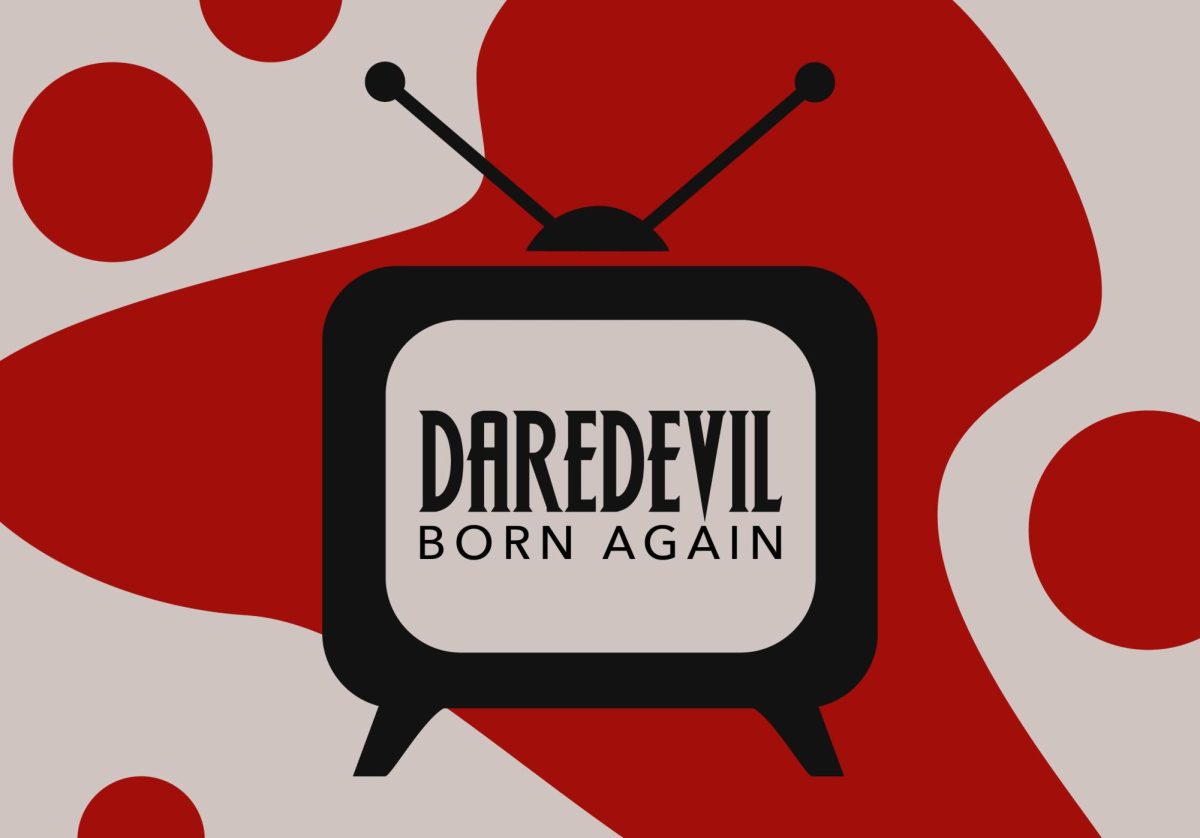A good pirate movie is hard to find. Even though Hollywood cut its teeth on swashbucklers starring the likes of Errol Flynn and Douglas Fairbanks Sr., the genre has been allowed to molder and atrophy. In fact, pirate movies are generally thought of as box office poison in contemporary studio circles. For this reason, as well as its generally high quality and verve, “Pirates of the Caribbean: The Curse of the Black Pearl” stands out as a triumph of modern action-comedy cinema.
Very loosely based on the popular amusement park ride, “Pirates” follows the adventures of cheeky blacksmith Will Turner, played by Orlando Bloom, his empowered, aristocratic love interest Elizabeth Swann as performed by Keira Knightley and the dashing, if vague, pirate Capt. Jack Sparrow, as embodied by the incomparable Johnny Depp. The trio is out to foil the plotting of the dastardly Capt. Barbossa – Geoffrey Rush – and his crew of zombie pirates.
One of the main strengths of the film is that, as it was produced under the aegis of the Walt Disney Co., the crassness that afflicts most big-budget pabulum was avoided. There is a strong temptation, when producing material on pirates, to play up the sexual mystique associated with those rebellious corsairs until it overwhelms the rest of the elements of their lifestyle. “Pirates of the Caribbean,” as a family film, cannot afford to alienate too much of its potential audience (or their parents) by participating in the entertainment industry’s race to the bottom. Knightley, although clearly cast for her pulchritude, is never forced to play the helpless damsel, nor is her sexuality exploited for the purposes of horror or titillation. Interestingly enough though, there is a subtext of homosexuality running throughout the film. The harsh, domineering Commodore Norrington, played by Jack Davenport, seems unusually blase about the fact that Elizabeth has little interest in marrying him. Though there are no lingering glances between Norrington and his subordinate Lt. Gillette, nor winsome cabin-boys catching his eye, it definitely goes against cinematic convention for his character not to pursue Elizabeth. The character of Jack Sparrow, which Depp says he based on Rolling Stone Keith Richards and Looney Toon Pepe Le Pew, has an ambivalent air to his sexuality. Though he makes a play for Elizabeth at one point, and seems to have offended half the prostitutes in the pirate haven of Tortuga, it seems likely that he’d have few qualms about long sea voyages in all-male company. “Women are bad luck” after all, as his first mate regularly informs anyone who’ll listen.
The class aspects of the story are similarly believable and rarely exploitative. Although Bloom’s character is somewhat hackneyed, his rags-to-riches arc is not marred by too many jokes at the expense of working people. Also, his heroic journey is equally based on luck, ingenuity, cooperation, bravery and resolve. When he makes mistakes, especially in denying his class origins and distrusting Capt. Sparrow, he learns from them and grows as a person. Also, he is never disrespectful toward Knightley’s intellect or courage.
The other pillars on which “Pirates of the Caribbean” stand are the crisp, biting dialogue and the fast, balanced pacing. Hardly a minute goes by without a guffaw-inducing quip. One early scene, where Depp’s character befuddles a pair of hapless British sentries with a classic doubletalk routine, perfectly encapsulates the modern, yet history-minded writing. Probably not coincidentally, the routine also references “The Princess Bride,” one of the touchstones for the entire film.
The final star, Geoffrey Rush, is entrancing as the cursed captain of the Black Pearl. Far from slumming in this lighter-than-his-usual work, he clearly relishes the chance to do some scenery-chewing (although his turn in the regrettably banal “Quills” could have sated almost any actor’s appetite for props and backdrops).
The plot moves along at a gale-force clip, leaving only a few holes in its wake. Since this film was ostensibly saddled with a subtitle to ease the possibility of sequels, we can hope that a few of the holes (such as what happened to Turner’s errant father) will prove to be fodder for future plots in other iterations.
“Pirates of the Caribbean: The Curse of the Black Pearl” has deftly navigated the shoals of action movie cliches and big studio blandness. Although it might not be enough to inaugurate a new age of swashbuckling on the soundstages of Hollywood, it ably stands by itself as a beacon of quality in a sea of filth.
“Pirates of the Caribbean: The Curse of the Black Pearl” Rated PG-13 Directed by Gore Verbinski. Starring Johnny Depp, Keira Knightley, Orlando Bloom. Now showing at area theaters.
Niels Strandskov welcomes comments at nstrandskov@mndaily.com







